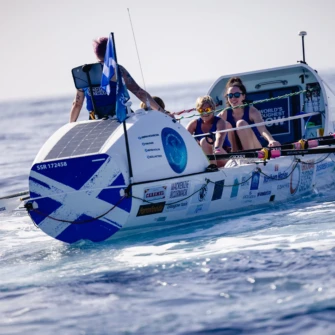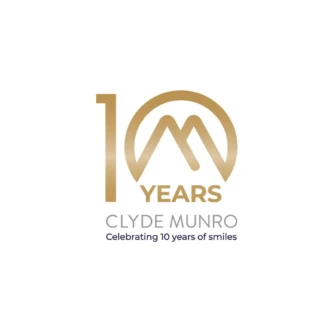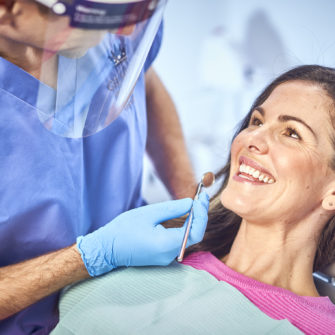The trip of a lifetime
Published: 14 December 2017
In September, one of the Clyde Munro Dental Group dentists, Ciara Dunleavy, along with nurse Chloe Gall, packed their bags and headed over to Malawi to carry out vital dental treatment with the charity Smileawi. Before they left, Chloe shared her story, but now they’re both back safe and sound with plenty of stories to share from their trip abroad. Here, we caught up with Ciara to see how things went…
Ciara says…
We knew that the journey to Lilongwe, the capital of Malawi, would be a long one, consisting of three flights and taking over 24 hours to get there. There were some minor delays on our way out but it was the journey home that was a bit more eventful. On our last flight, (Amsterdam to Glasgow) the cabin pressure dropped and the oxygen masks came down! Thankfully it was fine and we landed safely back in Glasgow.
I was part of the second team to go out with Smileawi. The first team that went out before us left just as we arrived. We were able to have dinner with both teams on my first night in Malawi so it was a good opportunity to hear about their experiences. Our team consisted of: Vicky and Nigel Milne (the dentists who founded the charity and organise all the trips), Matt, Martin and myself making up a team of five dentists, and Chloe and Amanda were the dental nurses. I’m used to working with Chloe, but working together in Malawi was a very different experience! Amanda has no dental background but was keen to help out with the charity so Chloe soon trained her up while we were in Malawi.
The experience
We stayed in several different guest houses in Malawi, all of which were clean and comfortable. However, the electricity and water could be very unpredictable so there was a lot of eating and showering in the dark.
During our time with Smileawi, we travelled all over the north of Malawi in order to try to cover as large an area as possible and provide treatment for the maximum amount of people. The areas we were mainly based in were Mzuzu and Embangweni; we operated clinics here, but we also spent a lot of time in nearby rural villages.
Our days usually began with a very early start. We typically had breakfast and then piled into the 4x4s with all of our equipment that we had packed the evening before. Then we drove to our destination and set up our ‘surgery’, which would normally be in a community building such as a church or a school. When we arrived at each destination there would usually be a queue of patients ready and waiting for us, and we would work through with the help of our excellent translators. The five dentists ran four dental chairs to ensure we all got regular breaks as it was very tiring work! We would all work tirelessly through our patients but as it was too dangerous to drive in the dark we had to ensure we were home by nightfall. Sadly, this meant we sometimes meant we could not treat all of the patients, but it is impossible to treat them all.
The conditions in Malawi were very basic. The rooms we worked in consisted of concrete flooring, brick walls and corrugated metal roofs. The temperature was in the low 30s when we were there, so the working conditions were very warm and sweaty. The dental chairs folded up so we could transport them easily, and we sterilised the instruments by first manually washing to remove any debris and then cooking them in a pressure pot to kill any bacteria.
Making a difference
As I was one of the dentists in the team I carried out a lot of extractions. All of the people we treated were very grateful. You could tell that some people had experienced years of pain and chronic infection from their teeth so they no doubt will feel a lot better after their extractions. All of the communities were very welcoming towards our team, as they were so grateful for the work we were carrying out.
One of the dentists did some extractions on a young girl who had suffered a lot of pain and infection from her teeth over the period of a few months. It was so bad and had made her unwell, so she missed quite a lot of school. Something so simple like a few extractions will make a massive difference to the quality of life for this girl and means she will no longer be missing out on her education.
The need for dental treatment is so high in Malawi there were some moments that were quite disheartening such as having to turn patients away as it is physically impossible to treat everyone. However, the work that the Smileawi charity is doing is undoubtedly making a difference. Not only are they removing the source of a lot of pain and infection for hundreds of people, the charity also funds the training of dental professionals in Malawi, donates equipment and materials, and organises an annual conference to increase the support and communication to the dental professionals in Malawi.
I would love to go again, although probably not for a few years because it is a lot of time, effort and money. I would definitely highly recommend the trip to my colleagues!





